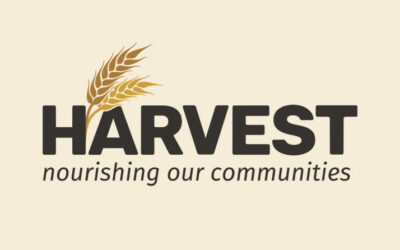
About Us
Manitoba Egg Farmers represents 170 regulated egg and pullet farmers in Manitoba. We are an independent organization, funded entirely by egg and pullet farmers.
Our Recipe Collection
Browse our collection of farmer favourite egg recipes,
fitting into every occasion for delicious meal planning ideas!

Oven Poached Egg English Muffins

Kale Salad with Roasted Vegetables

Classic Chocolate Chip Cookies
News & Events
The sale of ungraded eggs has been permitted by the Manitoba Government at farmers markets across the province.
What does this mean for Manitobans? As of May 15, 2025, consumers are able to purchase eggs from local vendors selling unregulated eggs. These eggs must be sold by the farmer directly and must be sold in new or clean cartons, must be clearly labelled ungraded eggs and...
Manitoba Egg Farmers is giving away 1,000 egg sandwiches & cups of coffee in Winnipeg’s Old Market Square this morning!
Dear Winnipeg: let’s all start our day sunny-side-up WINNIPEG May 27, 2025 – Manitoba’s regulated egg farmers invite you for FREE coffee and delicious egg sandwiches TODAY from 8:00 a.m. until 10:30ish at the corner of King St. and Bannatyne Ave. Grab a sandwich and...
Manitoba Egg Farmers DOUBLES the impact of egg donations to Harvest Manitoba
Twice the eggs, twice the impact for 100,000 Manitobans every month! WINNIPEG May 6, 2025 – More Manitobans than ever are reaching out for help, and Manitoba Egg Farmers (MEF) has responded by doubling their regular donation of fresh, locally-produced eggs to Harvest...
Meet Our Farmers
Meet the farmers behind the eggs! Manitoba’s egg farmers are dedicated to caring for their hens and bringing you farm-fresh, delicious eggs. Every egg comes with a little piece of their passion and pride—so crack one open and enjoy!

Egg Quality Assurance
The Egg Quality Assurance (EQA) program is an industry-wide initiative that highlights the rigorous requirements already in place on Canadian egg farms. All Egg Quality Assurance (EQA) certified eggs will come from farms that have met the highest standards of our national Animal Care and Start Clean-Stay Clean® food safety programs.
The EQA mark is our commitment to excellence. It is the culmination of decades of work to set up and implement quality assurance standards. No matter what type of egg you choose, EQA™ ensures Canadians get fresh, local, high-quality eggs produced by Canadian farmers.

 Affordable Meals
Affordable Meals New Recipes
New Recipes Powered by Eggs
Powered by Eggs Ho Ho Holidays!
Ho Ho Holidays! Recipe Booklets
Recipe Booklets Egg Nutrition
Egg Nutrition Care & Quality
Care & Quality Types of Eggs
Types of Eggs


